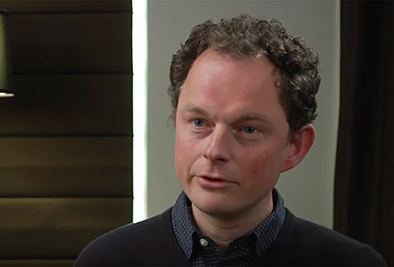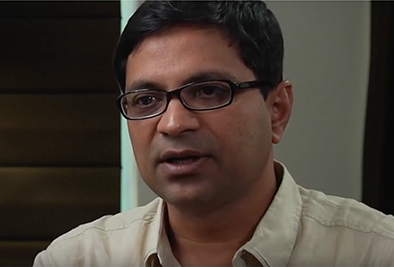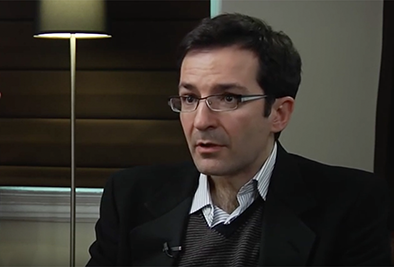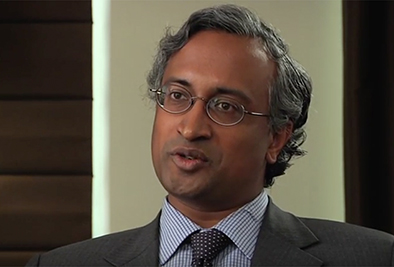Perry G. Mehrling is professor of economics at Pardee School of Global Studies at Boston University. He was professor of economics at Barnard College in New York City for 30 years. There, he taught courses on the economics of money and banking, the history of money and finance, and the financial dimensions of the U.S. retirement, health, and education systems. His most recent book is The New Lombard Street: How the Fed became the dealer of last resort (Princeton 2011). His best-known book Fischer Black and the Revolutionary Idea of Finance (Wiley 2005, 2012) has recently been released in a revised paperback edition. Currently, Prof. Mehrling directs the educational initiatives of the Institute for New Economic Thinking, one of which is his course Economics of Money and Banking, available on Coursera at www.coursera.org/course/money.
Perry G. Mehrling
By this expert
Young Scholars Will Bring New Economic Thinking
So why am I hopeful about the future?
OMT: Slouching toward Eurobills?
The Eurocrisis has many dimensions—bank solvency crisis, sovereign debt crisis, political unity crisis, and economic/unemployment crisis—but time after time it has been the liquidity crisis dimension driving events, and ECB response to the liquidity crisis driving institutional evolution. The reason is simple. Liquidity kills you quick.
Ring-fencing Explained
Everyone wants to ring-fence something, but they can’t agree on what:
Ring-fencing Explained
Everyone wants to ring-fence something, but they can’t agree on what: Vickers, Liikanen, Volcker.
Featuring this expert
Growth and Crisis: The Two Faces of Credit

At least since Joseph Schumpeter we know that credit is good for economic growth. At least since 2007 we know that too much credit foreshadows financial turmoil.
Inequality in Asia: The Local Effects of Global Capitalism

Inequality did not increase during the early stages of economic development in Japan and the East Asian Tigers. But in India and China it did. Why is that?
Why New Technologies Do Not Make Poor Countries Rich

Over the past two hundred years, poor countries have become faster at adopting the technologies of rich countries. So why is it, the economist asks, that poor countries have remained poor, by and large?
Facts and Values Are Entangled: Deal with It

Are there more poor people on our planet today than there were last year? Many economists would approach this question as mainly a technical problem, a matter of counting.
